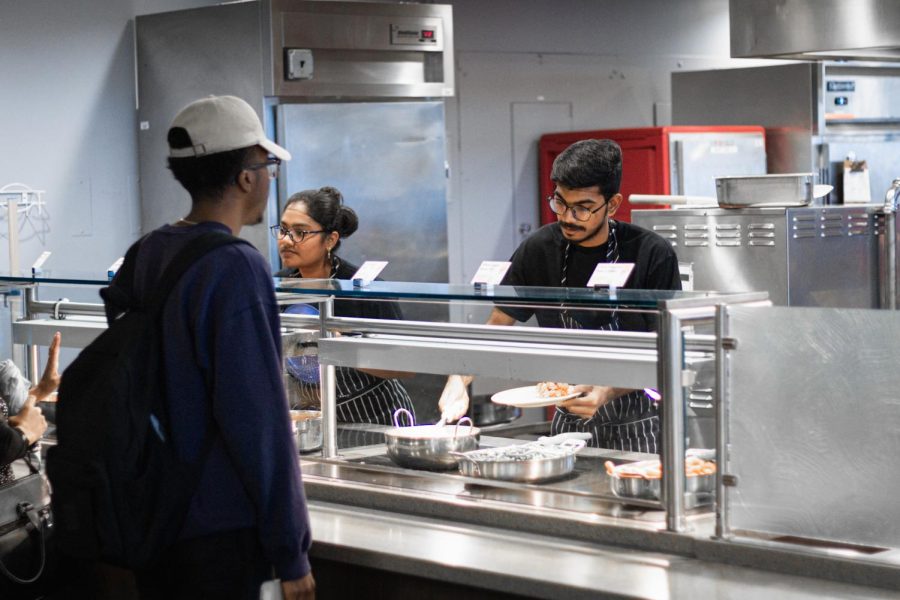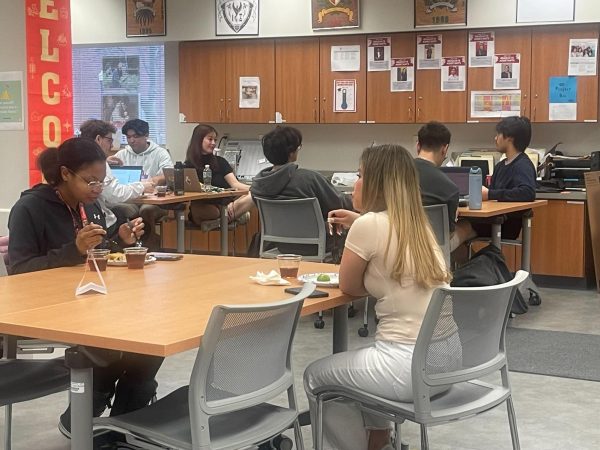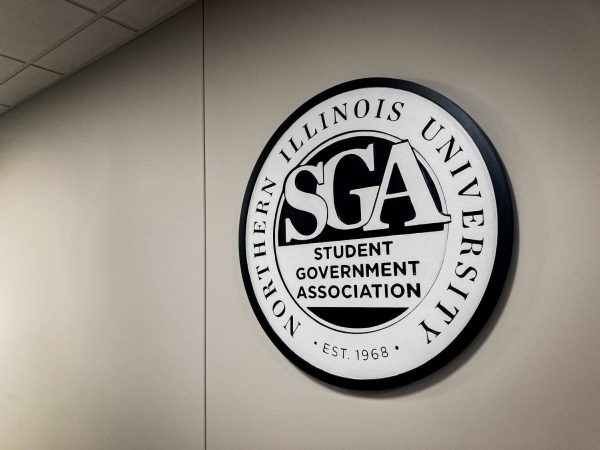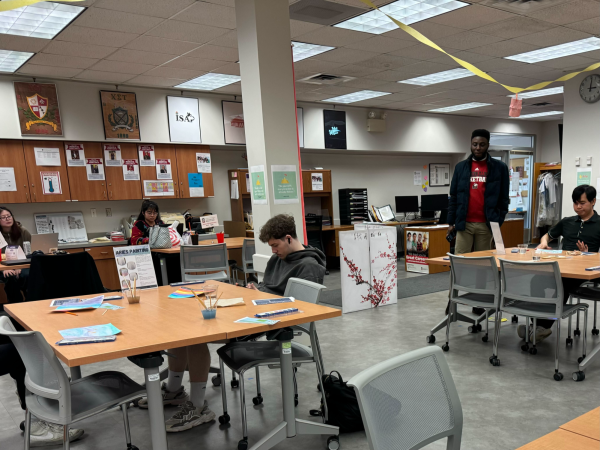Inflation-induced food price hike hits campus dining
NIU does its best to keep prices low for students, but with this recent inflation, some price hikes are inevitable.
DeKALB — As the price of food and groceries reach record highs in the nation, NIU’s Campus Dining Services is beginning to feel the effects of an historic shockwave of inflation. Students have begun to feel the impact of prices rising in grocery stores, and now the dining halls are swimming in choppy waters.
Since July of 2021, the price of food in grocery stores in the United States has increased 13.1%, and the price of food at restaurants increased 7.6%, according to a report from the U.S. Department of Agriculture. The USDA forecasts food prices to generally increase by approximately three percent by next year.
As the market for food in the U.S. becomes increasingly volatile, NIU is left to swim in the waves of inflation with little to do or change.
How NIU feeds its students
NIU is under an exclusive contract to purchase its food in bulk from Gordon Food Service, and even in the wake of massive food inflation, NIU is not able to negotiate food prices.
Daniel Koenen, executive director for Campus Dining Services and hospitality instructor at NIU, said that prices of certain food products went up “hundreds of percentages” during the COVID-19 pandemic, and from 2019 to 2022, food prices from GFS increased about 32%. Under NIU’s contract with GFS, the university receives rebates on food products purchased in bulk from the supplier.
Koenen stated that an arguably bigger problem than price hikes was supply chain issues for NIU’s dining services.
“Our agreement with GFS is that they’ll send us a ‘like product’ if they’re out of the item we ordered,” Koenen said.
This put pressure on NIU’s dining halls, as they may order a specific product, only to be sent a “like product” that could cost considerably more than usual.
PepsiCo is another large food and beverage partner with NIU; the school’s 10-year contract with them has also dealt damage to campus dining due to price changes and supply problems.
“We saw (with the new contract) a 43% increase in price,” said Koenen.
NIU’s main incentive to be under contract with PepsiCo is sponsorship dollars, which go toward scholarships and advertising on campus.
The struggle to keep prices steady
Koenen explained that NIU tries its hardest not to pass on these price hikes to diners, but there are certain corners that must be cut.
“We’re doing the best we can to not raise prices significantly, but when we have an increase — a significant increase in price — is when we have to adjust,” said Koenen.
With NIU left to bear the brunt of food inflation, only time can remedy the situation. Carl Campbell III, professor and department chair of Economics, said that inflation is often caused by outside factors that the country has little to no control over, like the war in Ukraine causing shortages of grain and crude oil.
With these outside factors, the federal government can only combat the inflation with temporary fixes. Raising interest rates can reduce the demand for food and food services, stated Campbell, but this tactic is a slippery slope.
“If inflation gets out of hand, it can be extremely disruptive,” Campbell said. “Most economists think having inflation of about two or three percent a year is probably good. Obviously if it gets higher than that, then it can start having more harmful effects.”















